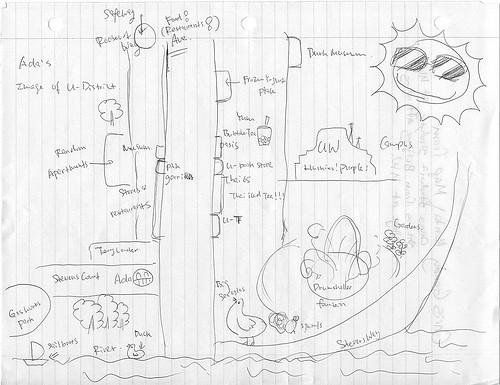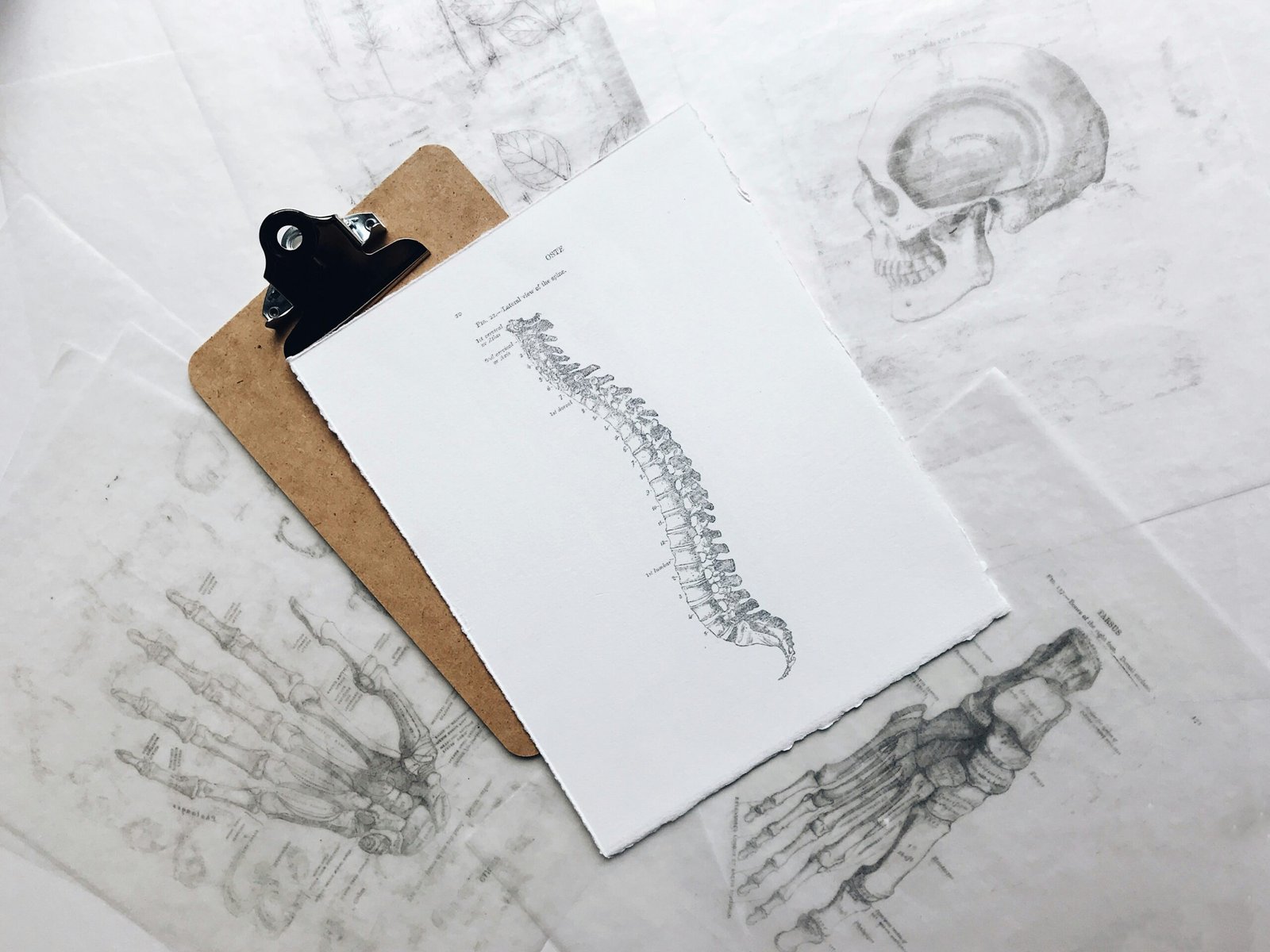“Mental Map: Navigating the World of Neurological Disorders”
March 14, 2024 | by zhealtheist.com


Mental Map: Navigating the World of Neurological Disorders
Welcome to the labyrinth of neurological disorders! Just as every geographical place we travel to has its map, so does the complex world of neurological health. Mental maps depict our perception and understanding of specific subjects — and in this case, we’ll guide you through the convoluted pathways of neurological diseases; the signs you shouldn’t ignore and how to manage them.
Understanding Neurological Disorders
Neurological disorders are diseases of the nervous system which includes the brain and spinal cord. Based on the World Health Organization’s reports, hundreds of millions of people globally are affected by neurological disorders ranging from migraines to Alzheimer’s disease.
Types of Neurological Disorders
By appreciating the expanse of the neurological disorder landscape, we can better navigate our way through it. Here are some of the most common ones:
| Neurological Disorder | Description |
|---|---|
| Alzheimer’s Disease | A type of dementia that affects thinking, memory, and behavior. |
| Stroke | A sudden blockage or rupture of blood vessels in the brain. |
| Migraine | A recurrent headache disorder that can cause severe and sometimes debilitating pain. |
| Epilepsy | A central nervous system disorder characterized by recurrent seizures. |
Warning Signs: When to Seek Help?
In our journey through the mental map of neurological disorders, perceiving the signs is crucial in avoiding potential complications and seeking timely medical intervention. Some common symptoms that you shouldn’t ignore include:
- Persisting headaches
- Dizziness and imbalance
- Memory loss and confusion
- Sudden vision changes
- Muscle weakness or numbness
Remember, early detection often leads to better outcomes, so never hesitate to seek professional help if you notice these signs.
Management of Neurological Disorders
The management of neurological disorders often demands a multidimensional approach that involves medication, rehabilitation, and lifestyle modifications. Apart from medical treatments, implementing healthy habits, such as eating a balanced diet, regular exercise, and adequate sleep, can make a significant difference in managing these conditions.
Neurological Care Support and Resources
Organizations like the American Neurological Association and National Institute of Neurological Disorders offer valuable resources, educational information, and support to individuals navigating the world of neurological health.
Living with Neurological Disorders
Coping with a neurological disorder can be overwhelming, but remember that you are not alone in this journey. Sharing your experiences with loved ones or in a support group can be extremely therapeutic and empowering.
Practical Tips and Advice
In navigating the challenging terrain of the neurological world, here are some practical tips:
- Learn about your condition: Educate yourself about the specifics of your disorder so you can better manage your symptoms.
- Reach out for support: Talk to family, friends, or join a support group.
- Keep an open line of communication with your doctor: Update your healthcare provider about any changes in your condition.
- Adapt your lifestyle: Implement a healthy diet, get regular exercise, and prioritize good sleep.
Conclusion
The world of neurological disorders can indeed be confusing, but with a little guidance and understanding, it is possible to navigate it successfully. It’s essential to stay informed, seek help when necessary, take control of your health, and most importantly, remember that you’re not alone in this journey.
RELATED POSTS
View all



